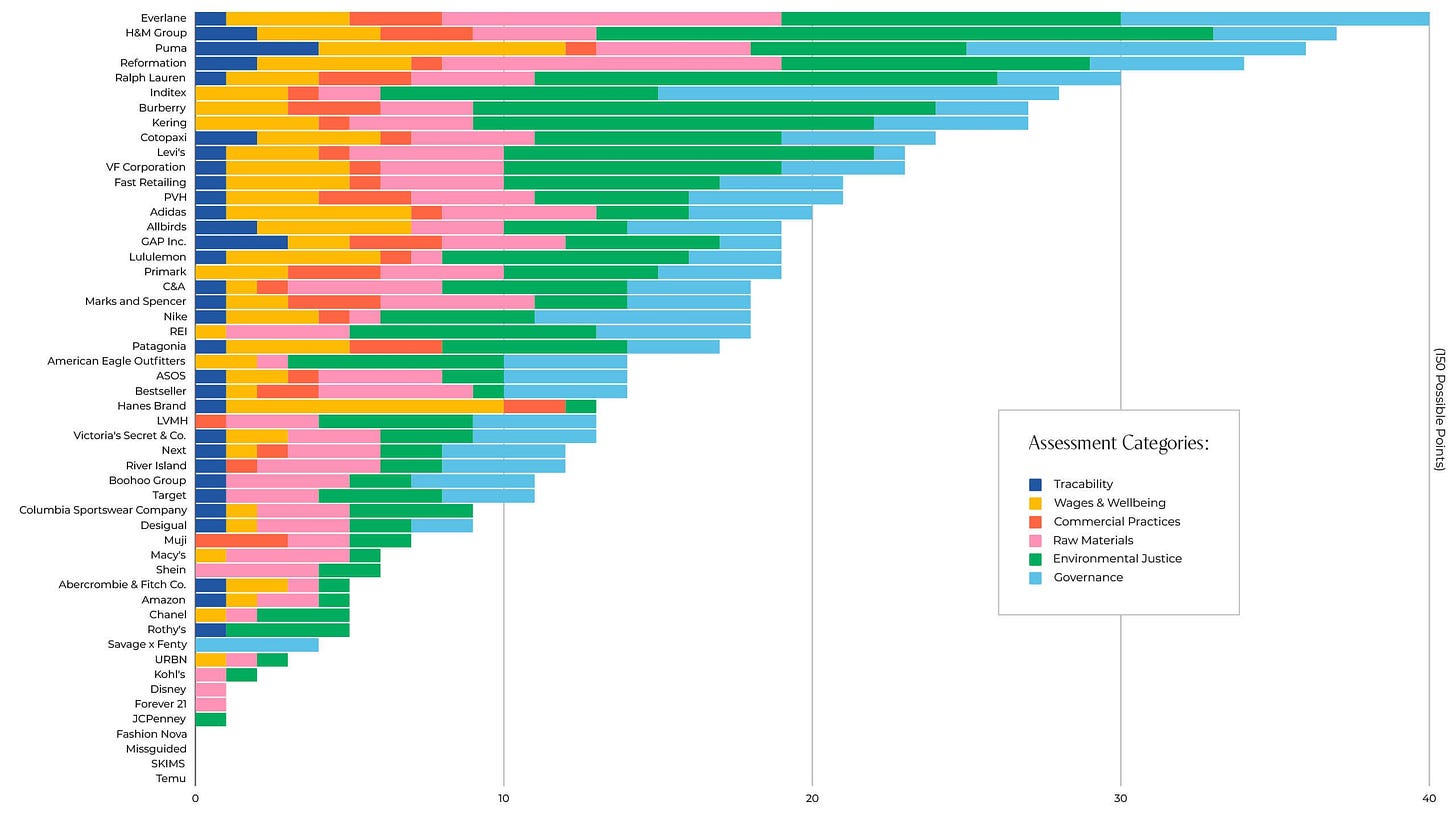Colorado House Moves Repair Bill Forward
A week after Oregon’s House passed a right to repair bill, Colorado’s House did the same. How the fight for privacy and repair rights overlap. And: Europe’s anti monopoly law takes effect.
A week after the Oregon House of Representatives voted to adopt the nation’s most robust right to repair legislation, Colorado’s House of Representatives did the same.
In a bipartisan vote of 39 to 18, the House passed HB24-1121, sponsored by Representative Brianna Titone and Steven Woodrow, which would extend the current Colorado right to repair laws to cover electronic equipment, including cell phones, gaming systems, computers and televisions.
“Cell phones are a part of our daily lives, we should have more choices on how to fix them when they break,” said Rep. Brianna Titone (D-Arvada) in a statement. “This bill would give consumers the tools they need to fix their broken electronics, saving them money and time on costly repairs. Right to repair laws, like this one, are important for empowering consumers and keeping e-waste out of our landfills. From tractors to mobility devices, I’m proud to carry another consumer-focused right to repair law through the legislature and save Coloradans money.”
As with other state right to repair laws, HB24-1121 requires digital electronic equipment manufacturers like Amazon, Apple and Google to provide software and physical tools to consumers and independent repair providers to fix their broken electronics.
Like the recently passed Oregon bill, which is awaiting the signature of Governor Tina Kotek, the Colorado bill also prohibits parts pairing, in which manufacturers use digital locks to pair replaceable parts with specific devices, restricting the ability of consumers and independent repair shops to complete repairs without the manufacturer’s involvement.
This is just the latest right to repair bill to make its way through Colorado’s legislature, making the state a leader in promoting repair laws. In 2023, the state passed a first-in-the-nation law for the right to repair agricultural equipment. And, in 2022, Colorado became the first state in the nation to pass a non-automotive right to repair law when Representatives Titone and Ortiz passed two trailblazing right to repair laws specifically for wheelchair users that required wheelchair manufacturers to provide parts and software to consumers, eliminating the need for prior authorization to repair powered wheelchairs.
Other News
The Digital Markets Act (DMA) has come into effect, targeting six major tech companies in the EU with a series of stringent rules designed to curb their market power. This groundbreaking legislation aims to ensure fairer digital markets by imposing restrictions on data usage, enforcing interoperability, and banning self-preferencing practices. Alphabet, Amazon, Apple, ByteDance, Meta, and Microsoft are the first to be designated as "gatekeepers," subject to these new rules which affect over 20 of their core platform services. The DMA represents a significant shift from the laissez-faire approach that allowed these tech giants to dominate the digital landscape, marking an ambitious attempt by the EU to level the playing field for smaller competitors and reshape the future of digital business in Europe. With severe penalties for non-compliance, the act underscores the EU's commitment to challenging the status quo, although its long-term impact remains to be seen.
Apple capitulates, allowing Epic Games to develop a rival app store for iPhone and iPad users, a move prompted by Europe’s new Digital Markets Act. This shift comes after Epic Games challenged Apple's initial refusal, Likely due to implications of the Digital Markets Act. This development marks a significant change in Apple's approach, begging the question—does regulatory pressure actually work?
Remake's 2024 Fashion Accountability Report, highlights the abuse, exploitation, and environmental degradation associated with many of the fashion brands that savvy marketing has taught us to love. Despite some efforts by leading companies in the fashion industry to improve sustainability practices, the majority still fall short, perpetuating a cycle of overproduction and exploitation. Real change requires systemic reform, including legislation to hold fashion companies accountable for their supply chain practices. While there are glimmers of progress, much work remains to create a fashion industry that prioritizes ethics and sustainability over profit margins.
The repair and maintenance market is expected to see significant growth in the next decade. With a focus on extending product lifespans and reducing waste, the market is projected to expand, driven by increasing awareness of environmental concerns. Major trends include the rise of predictive maintenance technologies and the development of innovative repair and maintenance apps.
HP's announced its first “AI-driven digital experience platform,” alongside new the company says are designed to prolong device lifespans and foster environmental responsibility. However, the effectiveness of these programs in genuinely transforming productivity and sustainability practices remains to be seen. Skepticism arises regarding whether these initiatives will transcend the promotional rhetoric to deliver tangible benefits, or if they will simply blend into the background of tech industry attempts to use AI as the next tool for greenwashing.
In his new book "Slow Down" philosopher Kohei Saito challenges the prevailing notion of endless economic growth and proposes an alternative paradigm based on degrowth. Saito argues that our relentless pursuit of profit and expansion is inherently untenable, leading to ecological devastation, social inequality, and global exploitation. He highlights the urgent need to break free from the cycle of consumption and commodification, advocating for a radical shift towards degrowth—a reduction in both production and consumption.
An interview with Peter Mui, the founder of Fixit Clinics from on the Bay Curious podcast is worth a listen.







